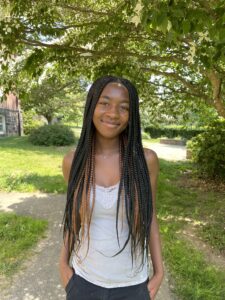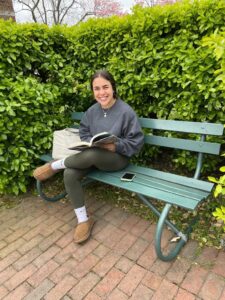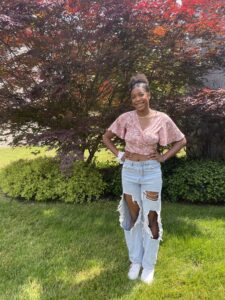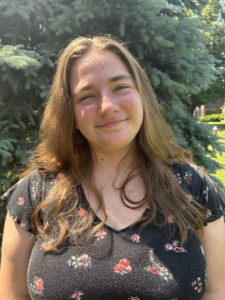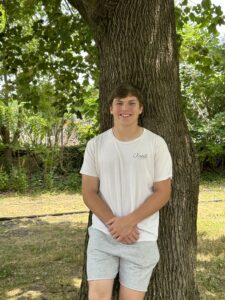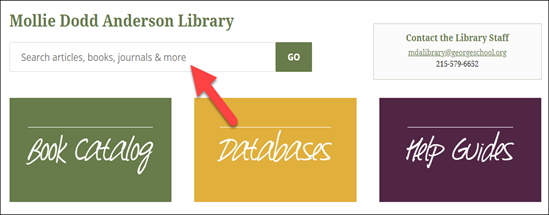This is a 2- to 4-credit course depending on the number of mods taken. This course can be split over multiple years. Students must begin with Storytelling Through Images but then can take any combination of the other mods. Students who wish to fulfill the service learning requirement through this course must take one of those mods (Documentaries for Justice or Propaganda and Persuasion) in junior or senior year. This course is cross-listed and can be taken for either arts or history department credit.
Using historical and contemporary case studies of media, such as historical artifacts, news articles, documentaries, podcasts, PSAs, propaganda, social media, and memes, students explore how various modes of storytelling have the capacity to create conflict, and more importantly, can also facilitate peace. In line with Quaker core values, this class is framed around a query: How can I use my voice through media to improve the world in which I live? To explore this query, students learn how to produce their own media through a series of projects that demonstrate how media can be used as a tool that produces greater empathy, compassion, and justice in our world.
Storytelling Through Images
Students learn the core concepts and questions of media literacy and practice their analysis using short form media examples, including analog media like cave paintings and graffiti, as well as more contemporary digital examples like photography, memes, advertisements, and social media posts. In addition to providing a strong analytical foundation, this course provides essential basic production skills in Adobe Photoshop and Premiere, as well as creative skills in composition and messaging. Short, creative projects associated with analytical assignments encourage students not just to understand the messages of others but also begin articulating their own messages.
Podcasting & Participation
This course focuses on podcasting, and students work throughout the course to produce a culminating podcast in which they use speech and sound to share messages meaningful to them. Students explore storytelling from oral history and myth to more classic forms of oration and political speechmaking. In addition, students will study radio and how it has been used to connect with broad audiences for nefarious purposes as well as education and reconciliation. Students will develop a keen awareness of how stories and sounds shape our emotions, perceptions, and behaviors. (The prerequisite for this mod is Producing Peace: Storytelling Through Images.)
Documentaries for Justice
In this course, students produce a short documentary film that demonstrates the power of documentary to achieve social change. Students analyze the elements that make an effective documentary, including good research practices, interviewing techniques, sound design, and narrative structure. Students interested in fulfilling their service requirement may choose to (1) profile an individual who has inspired them to engage in social justice and service, (2) create an educational film that exposes an injustice in our society and calls others to action, or (3) partner with a non-profit organization to create media that supports the charitable work of the organization. All documentary projects allow students to develop personal passions, as well as demonstrate how they can use film to motivate others as productive citizens working to create a more just world. (The prerequisite for this mod is either Producing Peace: Storytelling Through Images OR 2 mods of Film. This mod can fulfill George School’s service requirement in consultation with the service learning coordinator.)
Propaganda and Persuasion
This course explores a broad spectrum of historical and contemporary examples, and students practice analyzing written, visual, and film propaganda as a way to examine how media can shape people’s beliefs and actions. With an emphasis on the role of human responsibility to use this influence productively, students develop their own multi-media propaganda campaign, intended to create positive changes related to their passions and interests within their local communities. Students may develop a project that addresses structural inequities in our world in consultation with the service learning coordinator, which can count for the George School service learning requirement. (The prerequisite for this mod is at least two mods of Producing Peace OR 1 mod of Producing Peace and 1 mod of Film or Global Politics. This class can fulfill George School’s service requirement in consultation with the service learning coordinator.)
This course is cross-listed as ARP220P (Arts) and HIS770P (History).
Min-Max Credit Hours: 2.0-4.0

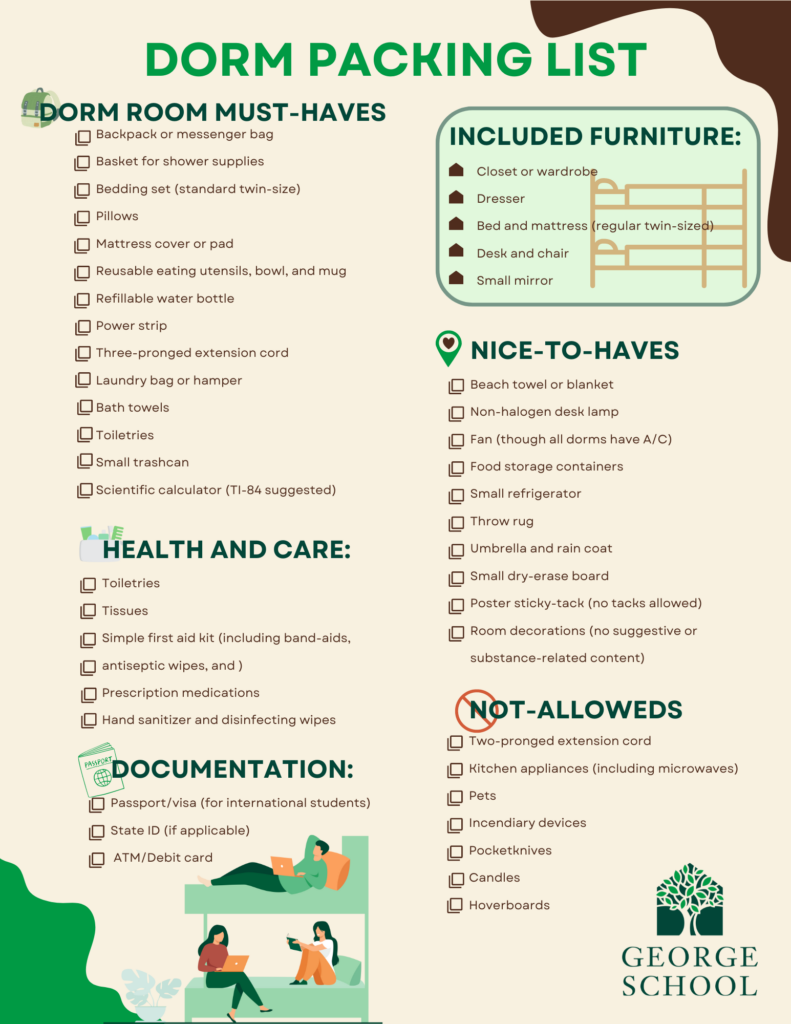
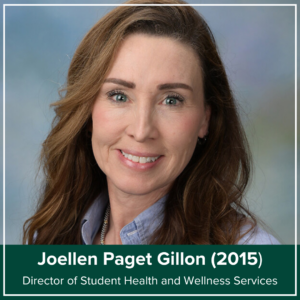 Joellen Paget Gillon (2015)
Joellen Paget Gillon (2015)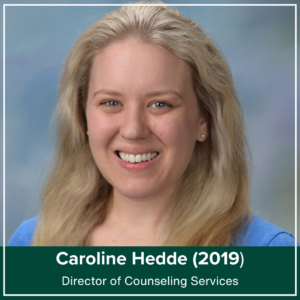 Caroline Hedde (2019)
Caroline Hedde (2019)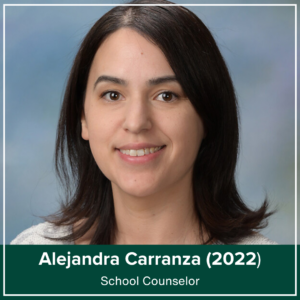 Alejandra Carranza (2022)
Alejandra Carranza (2022)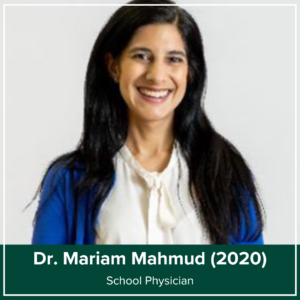 Dr. Mariam Mahmud (2020)
Dr. Mariam Mahmud (2020)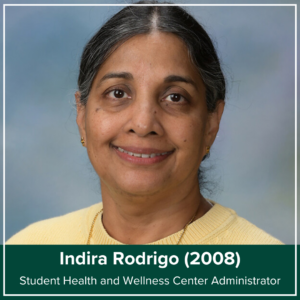 Indira Rodrigo (2008)
Indira Rodrigo (2008)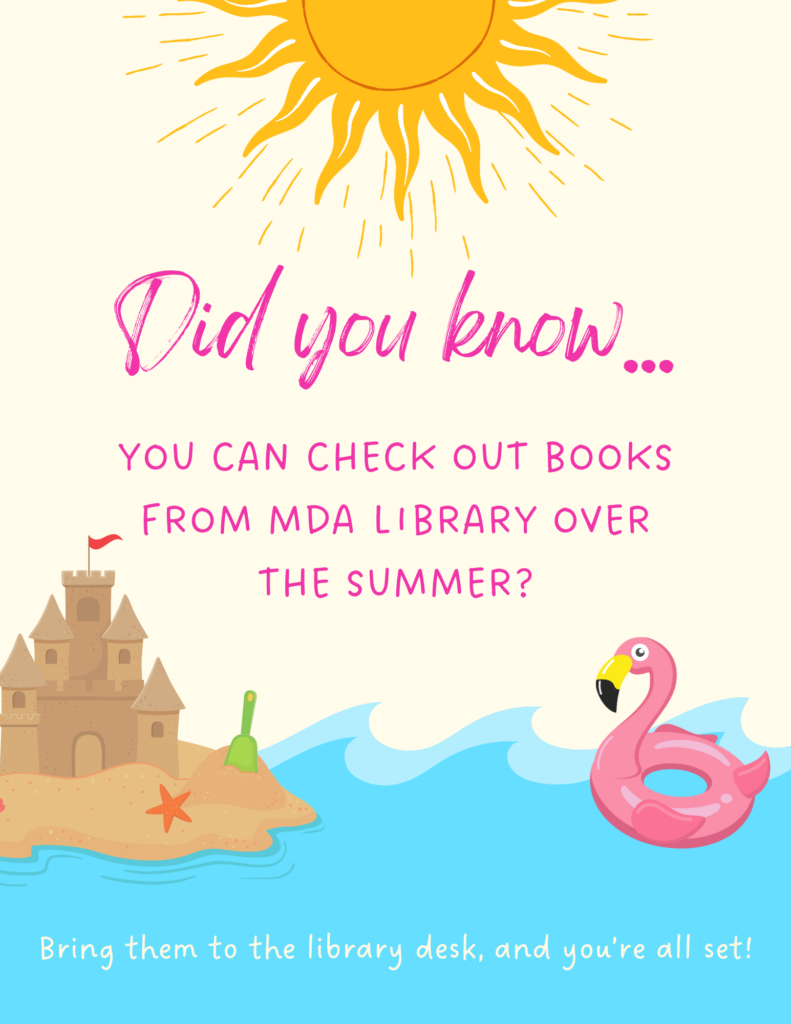
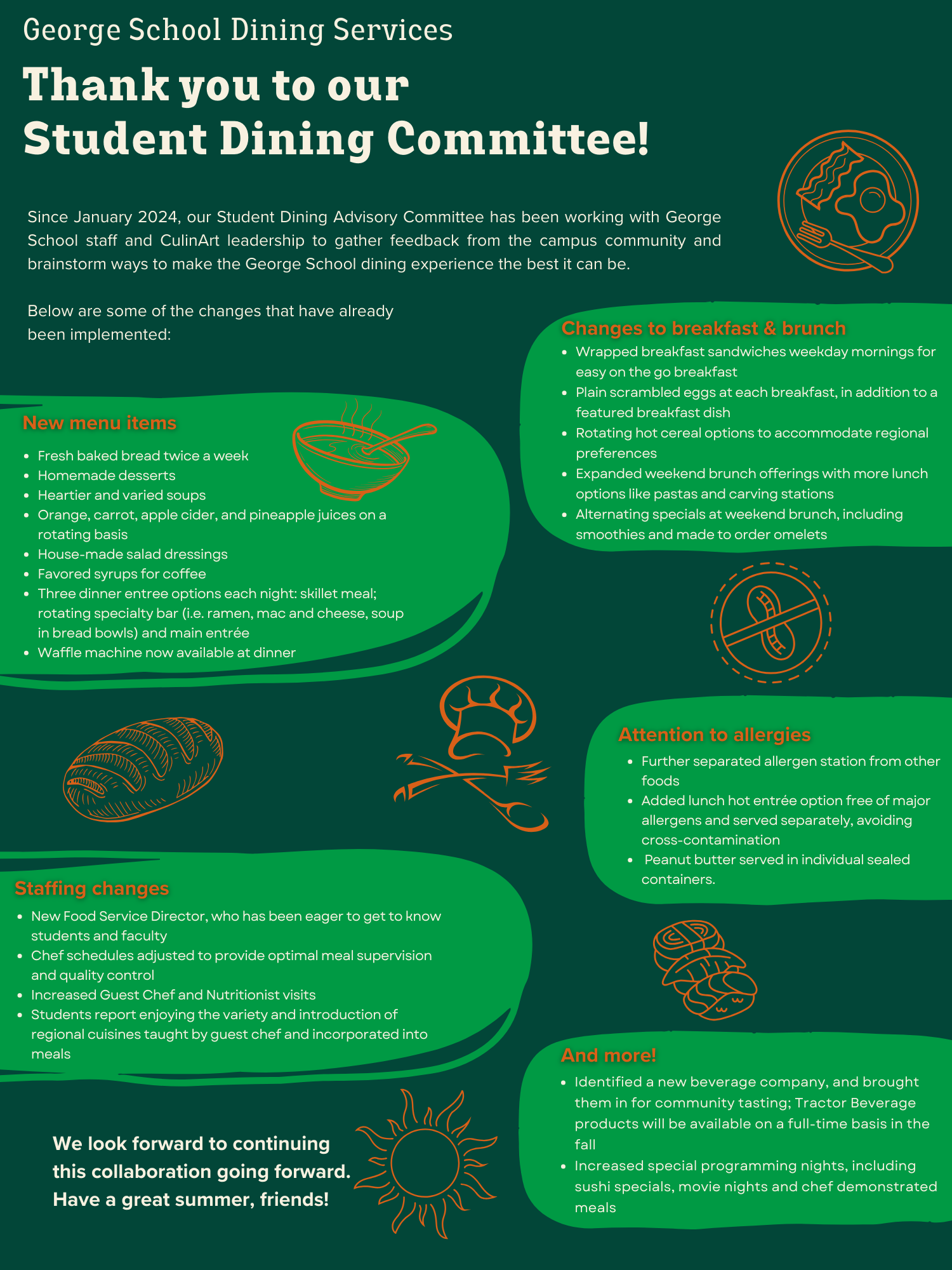

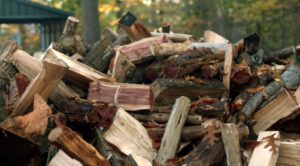
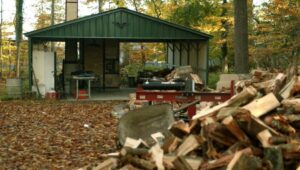

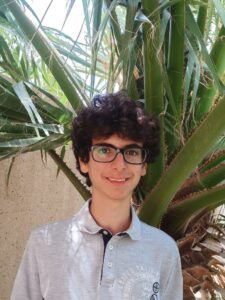 Monastir, Tunisia, and Amman, Jordan
Monastir, Tunisia, and Amman, Jordan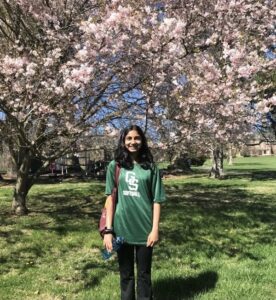 Irvine, CA
Irvine, CA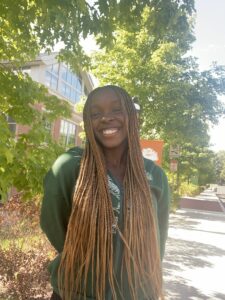 Feasterville-Trevose, PA
Feasterville-Trevose, PA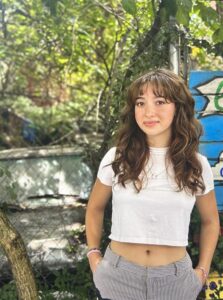 New Hope, PA (Previously NYC)
New Hope, PA (Previously NYC)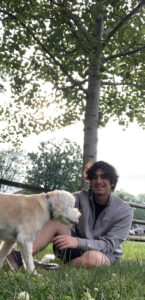 Richboro, PA
Richboro, PA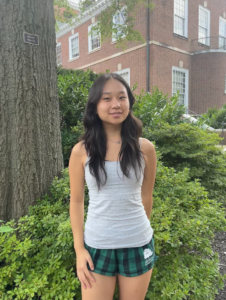 Englewood, NJ
Englewood, NJ Ningbo, Zhejiang, China
Ningbo, Zhejiang, China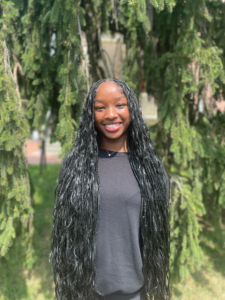 Willingboro, NJ
Willingboro, NJ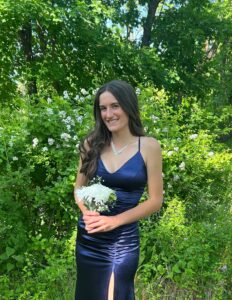 Yardley, PA
Yardley, PA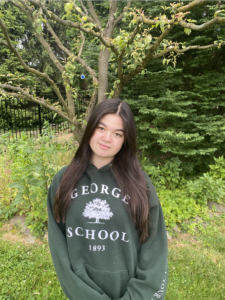 Newtown, PA
Newtown, PA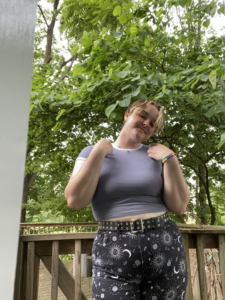 Holicong, PA
Holicong, PA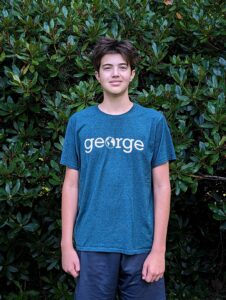 Newtown, PA
Newtown, PA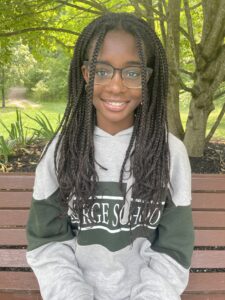 Hamilton, NJ
Hamilton, NJ Yardley, PA
Yardley, PA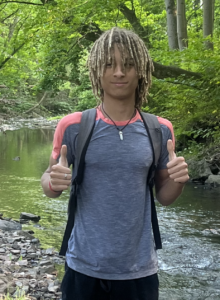 Lambertville, NJ
Lambertville, NJ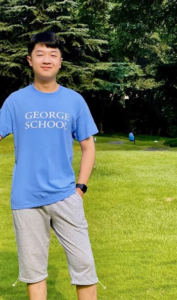 Chongqing, China
Chongqing, China Pennington, NJ
Pennington, NJ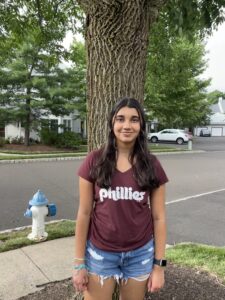 Yardley, PA
Yardley, PA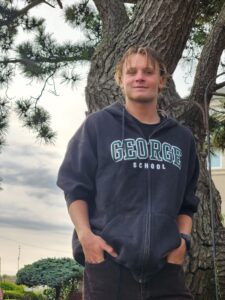 Bensalem, PA
Bensalem, PA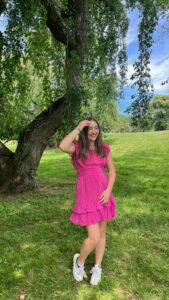 Borgota, Colombia
Borgota, Colombia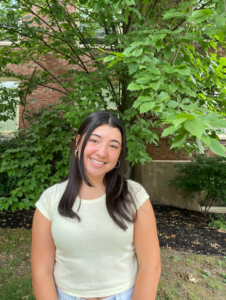 Newtown, PA
Newtown, PA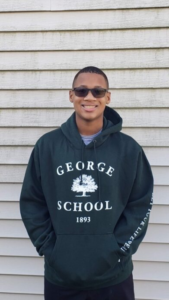 Burlington, NJ
Burlington, NJ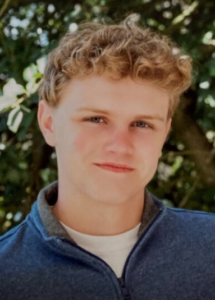 Langhorne, PA
Langhorne, PA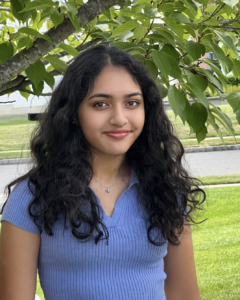 Princeton, NJ
Princeton, NJ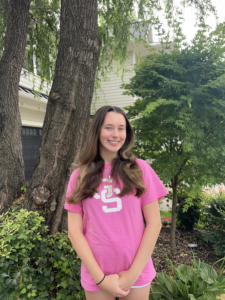 Langhorne, PA
Langhorne, PA New York City, NY
New York City, NY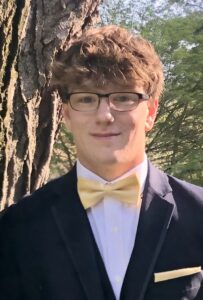 New Hope, PA
New Hope, PA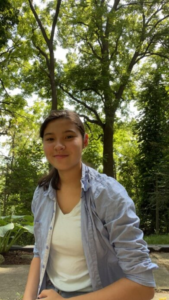 St. Catharines, Ontario, Canada
St. Catharines, Ontario, Canada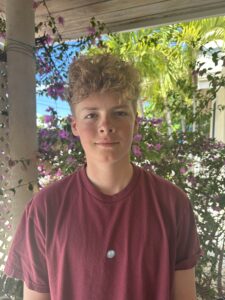 Providenciales, Turks and Caicos Islands
Providenciales, Turks and Caicos Islands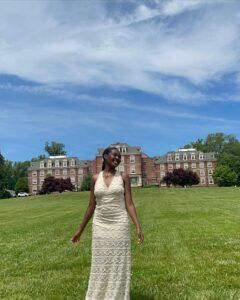 Willingboro, NJ
Willingboro, NJ Princeton, NJ
Princeton, NJ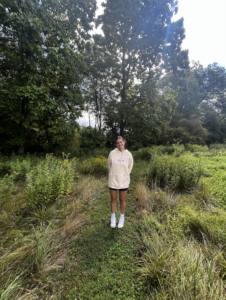
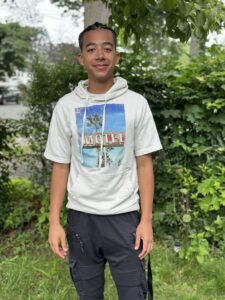 Newark, NJ
Newark, NJ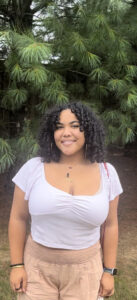 Trenton, NJ
Trenton, NJ Newtown, PA
Newtown, PA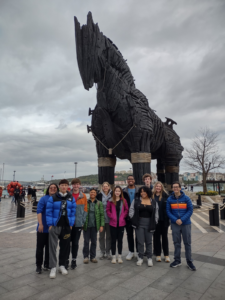
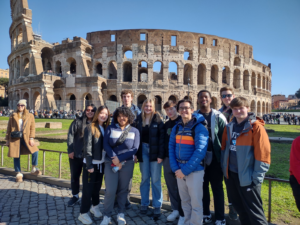
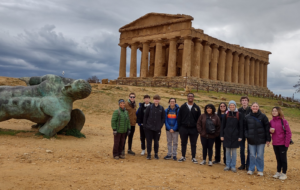
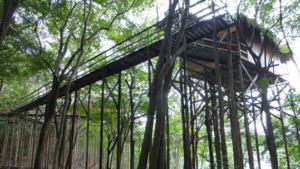
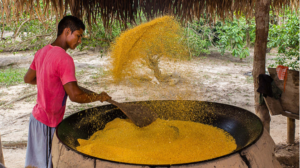

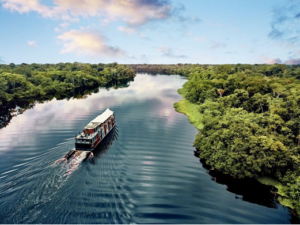
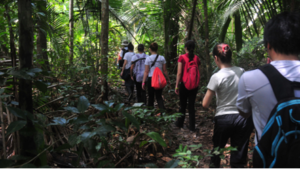
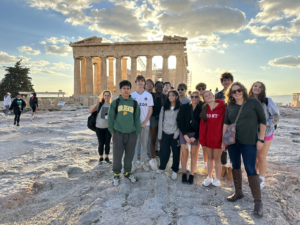
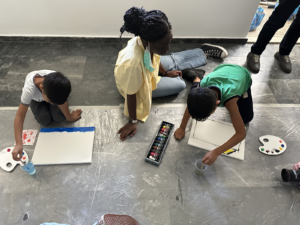
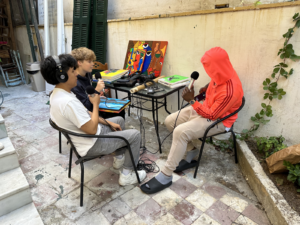
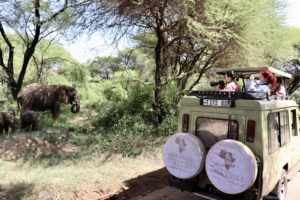
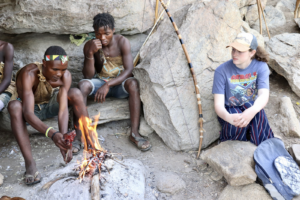
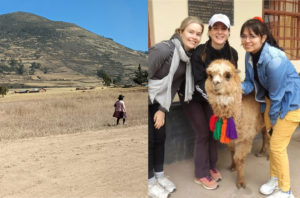
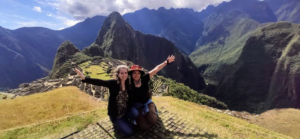
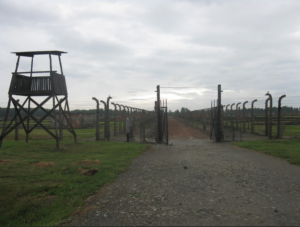
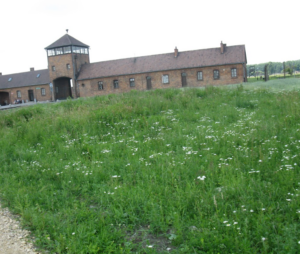
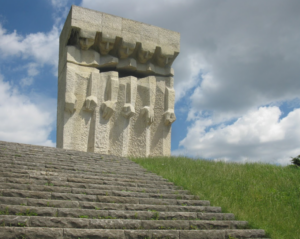
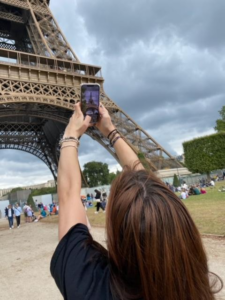
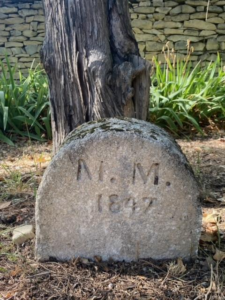
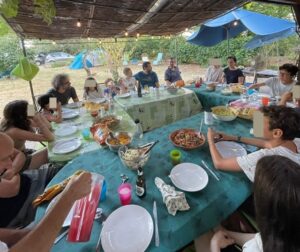
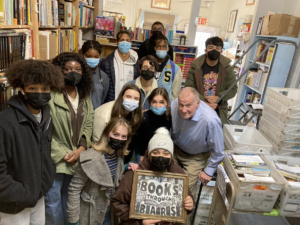
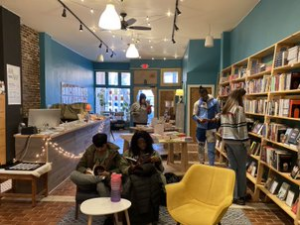
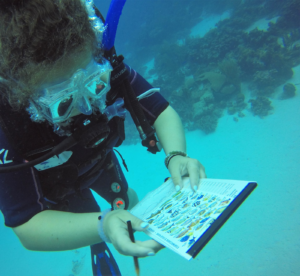
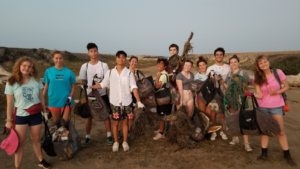
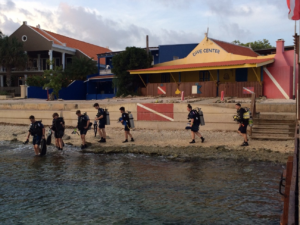
 Lawrence, NJ
Lawrence, NJ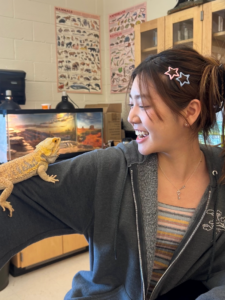 Seoul, South Korea
Seoul, South Korea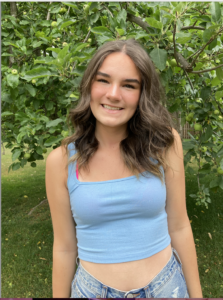
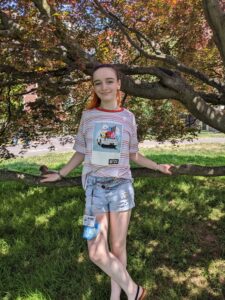 Milwaukee, Wisconsin
Milwaukee, Wisconsin Pennington, NJ
Pennington, NJ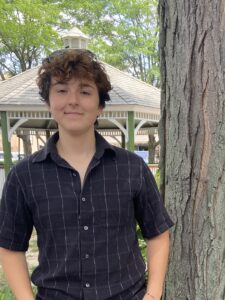 Jenkintown, PA
Jenkintown, PA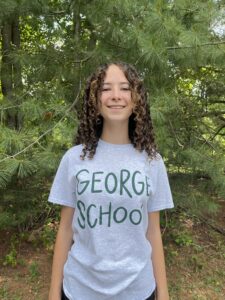 Ottsville, PA
Ottsville, PA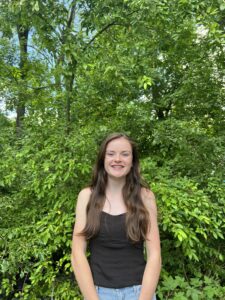 Yardley, PA
Yardley, PA Providenciales, Turks and Caicos Islands
Providenciales, Turks and Caicos Islands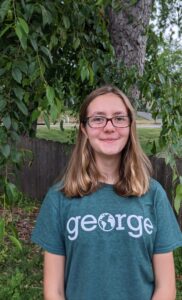 Hopewell, NJ
Hopewell, NJ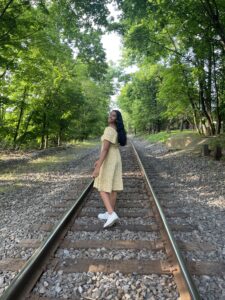
 Pottstown, PA
Pottstown, PA Playa del Carmen, Quintana Roo, México
Playa del Carmen, Quintana Roo, México Shanghai, China
Shanghai, China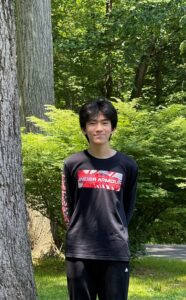 Beijing, China
Beijing, China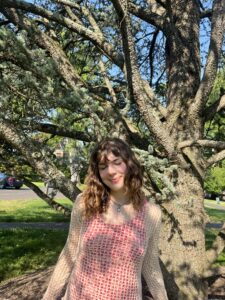 Yardley, PA
Yardley, PA Beijing, China
Beijing, China Holland, PA
Holland, PA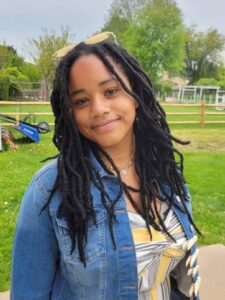 Langhorne, PA
Langhorne, PA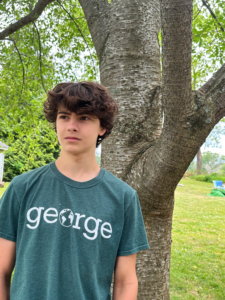 Ringoes, NJ
Ringoes, NJ New Hope, PA
New Hope, PA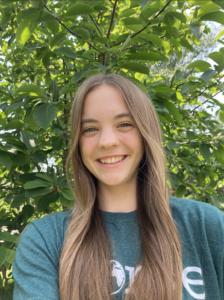 Dreshner, PA
Dreshner, PA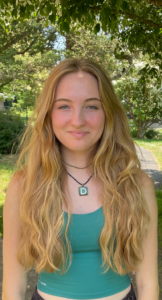 Yardley, PA
Yardley, PA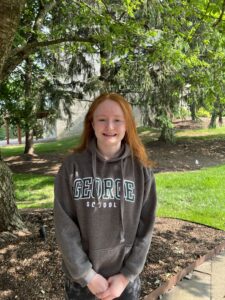 Yardley, PA
Yardley, PA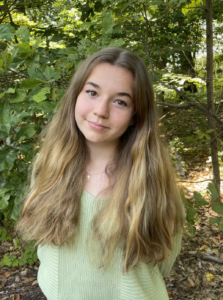 PA
PA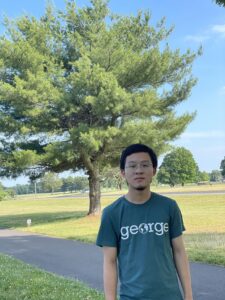

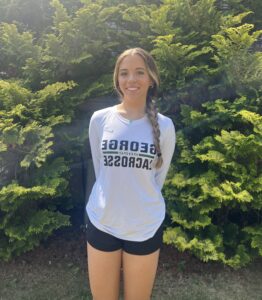
 Xi’an, China
Xi’an, China